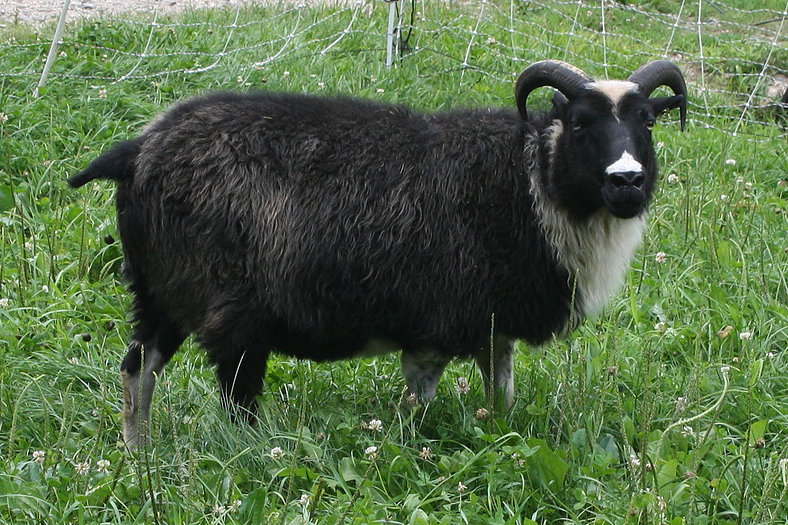Bringing New Sheep Home
You have just bought your first sheep…or, maybe you have a flock of sheep and now it’s time to add some new and different sheep. Here are a few tips to make the transition easier and safer.
Biosecurity is a word you will hear more and more often. It simply means keeping your farm and animals as safe as possible from disease. Be sure the seller has had the sheep you purchase checked by a veterinarian within 30 days of the sale and has the current health certificate for you. Ask about OPP testing. Was the flock tested? When and where was the test done? If the sheep are being purchased at a fair or festival, be sure the sheep have been secured in pens so that nose-to-nose contact with sheep from other flocks was not allowed. Ask about footrot…you don’t want to bring home any health problems.
It is always safest to separate or quarantine new sheep. All sheep have their own “germs” and they go along happy and healthy with these germs and are just fine. But when they mingle with new sheep they can share their germs and catch a cold, just like sending kids off to school and they “bring home everything”. You want to be able to watch the new arrivals and be sure they are healthy, that the stress of the trip from one farm to another didn’t cause them to get a cold or pneumonia, or upset their stomachs.
For these same reasons, you want to be sure that everyone who comes into your barn or pasture has thoroughly disinfected their boots or shoes at your farm, or wears disposable boots or your own farm boots. This means everyone, even the vet, even your best sheep friends. It only takes a few minutes and it keeps your animals healthy and they don’t take your farm germs away with them to other animals. Biosecurity just makes sense.
A small area that is easy to get to and close enough to keep an eye on the new arrivals is handy. Keep them away from your home sheep for at least 2 weeks, a month is even better. It is good practice to avoid walking from the new sheep to the old sheep with the same boots, or at least with dirty boots. Have a disinfectant wash and brush handy or a separate pair of boots. Don’t share buckets or feeders between the new arrivals and the home flock. It may sound fanatical , but it is easier to prevent than cure a problem.
Don’t make any drastic changes in the feeding of the sheep. If they were only on pasture and you feed mostly grain and a little hay, make the change slowly. Keep those rumens happy. Don’t forget that all sheep need salt and minerals that are specifically formulated for sheep. The salt and mineral mix needs to be available at all times to all the sheep. Do not give cattle mineral mix to sheep, it has too much copper and can be fatal.

Ask the seller when the sheep were lasted treated for worms. Worms, or internal parasites, are a fact of life for sheep. The sheep need to be dewormed with a sheep approved medication (antihelmintic) on a regular basis. To find out if your sheep have internal worms or parasites, you will need to bring a fecal sample…yes, some sheep poop, to your veterinarian. Just put some fresh “berries” from several sheep in a baggie and take them to the vet .There are several different dewormers; talk with your vet or the seller or another shepherd about what works for them.There are several good sheep health books, and it is a very good idea to have at least one or two. You want to try to keep any new parasites from being introduced into your flock or pasture.
Watch the new arrivals, sit near them and get to know them and let them get to know you…watch how the eat, are they eager to eat, are their eyes clear and bright, are their ears up and perky. A sheep that doesn’t feel well often will have droopy ears, be reluctant to get up, cough, have a runny or snotty nose. Be sure they have clean fresh water. Be sure they have shelter from the hot sun or freezing rain and wind.
When you have seen that they are just fine, and it has been at least 2 weeks, although 4 is better because some viruses have a 10-14 day incubation period, it is time to combine them with your other animals or give them a larger area to graze. They should be just fine. Spend some time every day just watching them, you will be amazed at how much they teach you.. And never hesitate to call the seller to ask questions.
![]()

